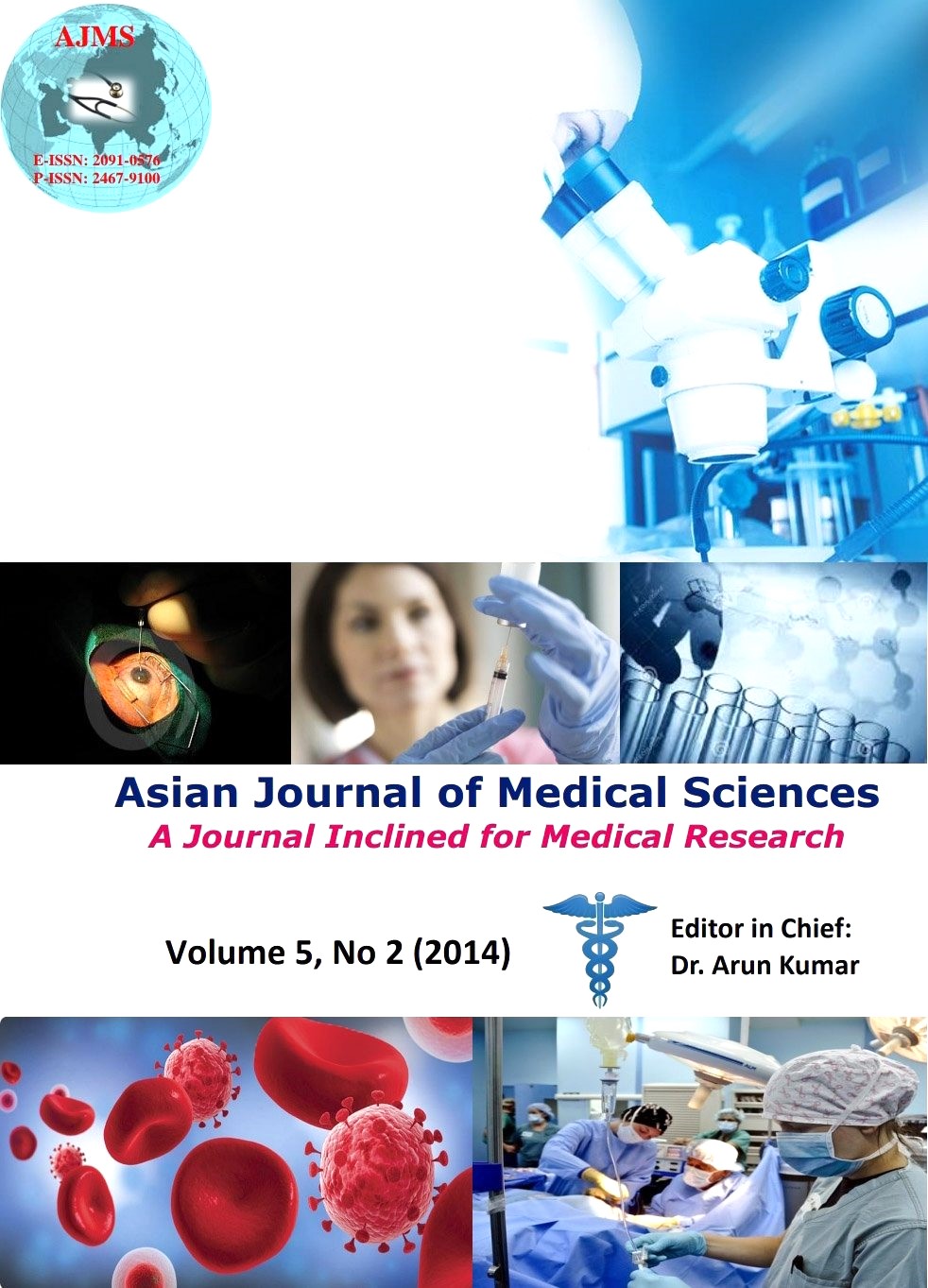Causes and Risk Factors for Post-Traumatic Stress Disorder: The Importance of Right Diagnosis and Treatment
Keywords:
Neurons, psychiatry, homeostasis, structure-function, behaviour, psychotherapyAbstract
Post-traumatic stress disorder (PTSD) is a serious debilitating syndrome with significant personal, social, and economic consequences. People with PTSD experience one or more major symptoms that include flashbacks and paranoia, difficulty in interpersonal relationships, and problems engaging in work and activities of daily living. In severe cases they can harm themselves or the others; but these events are preventable by appropriate therapies.
PTSD is a well-characterized serious psychological and behavioural abnormality that occurs after exposure to one or more acute severe stressful events. It often occurs among soldiers returning from battlefields and the civilian victims of war. However, it also occurs in non-war situations, such as terrorist attacks or serious accidents; sexual abuse, rape, or other violent acts; and school or workplace bullying, harassment, or retaliation. Nevertheless, the diagnosis of PTSD is made too infrequently, particularly in the post-conflict periods in developing countries. This is in part because of inadequate awareness but also due to limited resources and expertise.
Consequently, the resources for clinical care and research are diverted to other forms of behavioral issues, such as adjustment disorders. The treatment of PTSD needs to be well coordinated so that all stakeholders work synergistically using the resources necessary for the prolonged treatment and follow-ups. PTSD is underdiagnosed, and even misdiagnosed or mislabeled as depression or adjustment disorders. The failure to make a timely diagnosis or mislabeling of PTSD likely will harm victims and their families and may lead to negative outcomes, including suicide. The provision of appropriate, well organized, individualized, cost-effective treatment plans should alleviate PTSD symptoms and enable those with the disorder to return to their normal productive lives.
DOI: http://dx.doi.org/10.3126/ajms.v5i2.8537
Asian Journal of Medical Science, Volume-5(2014): 1-13
Downloads
Downloads
Additional Files
Published
How to Cite
Issue
Section
License
Authors who publish with this journal agree to the following terms:
- The journal holds copyright and publishes the work under a Creative Commons CC-BY-NC license that permits use, distribution and reprduction in any medium, provided the original work is properly cited and is not used for commercial purposes. The journal should be recognised as the original publisher of this work.
- Authors are able to enter into separate, additional contractual arrangements for the non-exclusive distribution of the journal's published version of the work (e.g., post it to an institutional repository or publish it in a book), with an acknowledgement of its initial publication in this journal.
- Authors are permitted and encouraged to post their work online (e.g., in institutional repositories or on their website) prior to and during the submission process, as it can lead to productive exchanges, as well as earlier and greater citation of published work (See The Effect of Open Access).




